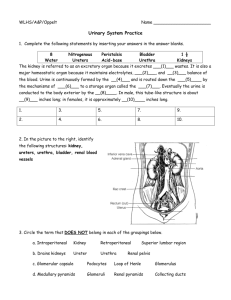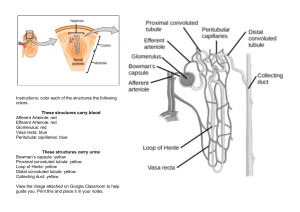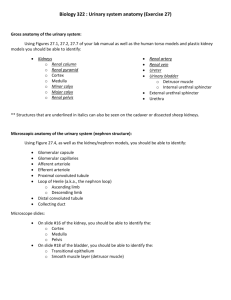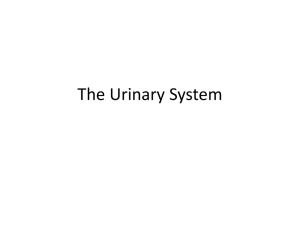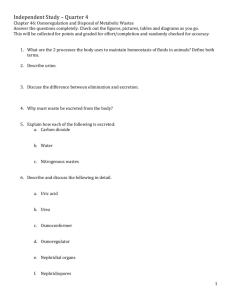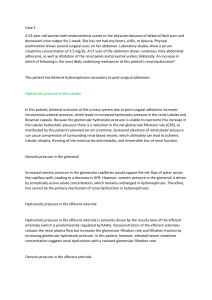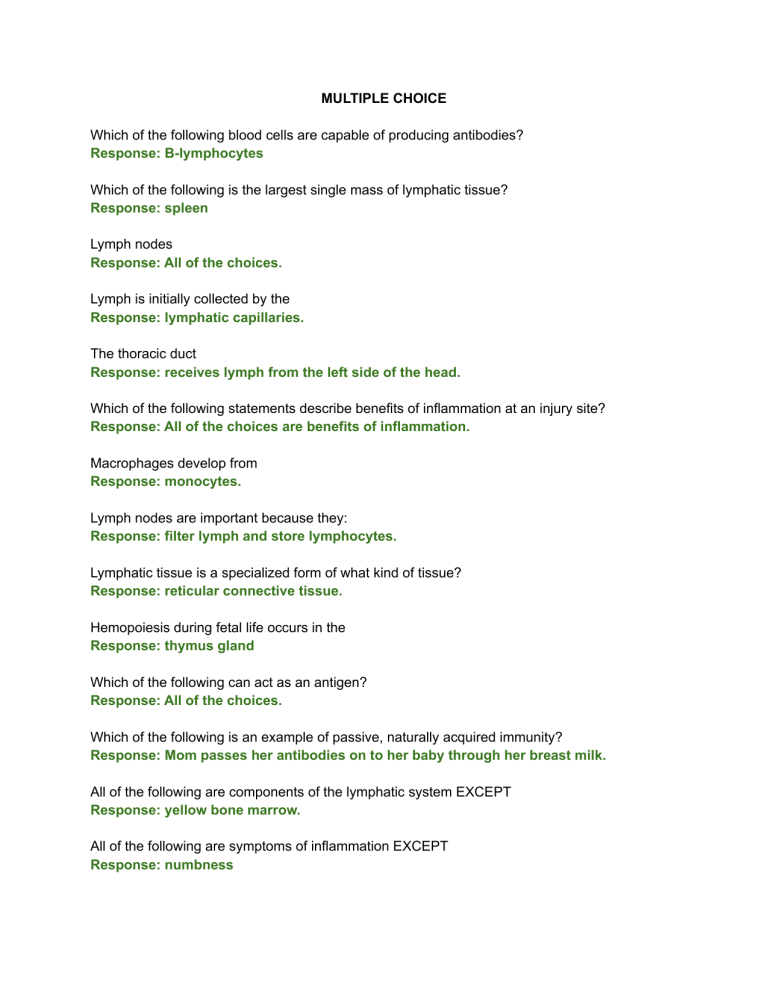
MULTIPLE CHOICE Which of the following blood cells are capable of producing antibodies? Response: B-lymphocytes Which of the following is the largest single mass of lymphatic tissue? Response: spleen Lymph nodes Response: All of the choices. Lymph is initially collected by the Response: lymphatic capillaries. The thoracic duct Response: receives lymph from the left side of the head. Which of the following statements describe benefits of inflammation at an injury site? Response: All of the choices are benefits of inflammation. Macrophages develop from Response: monocytes. Lymph nodes are important because they: Response: filter lymph and store lymphocytes. Lymphatic tissue is a specialized form of what kind of tissue? Response: reticular connective tissue. Hemopoiesis during fetal life occurs in the Response: thymus gland Which of the following can act as an antigen? Response: All of the choices. Which of the following is an example of passive, naturally acquired immunity? Response: Mom passes her antibodies on to her baby through her breast milk. All of the following are components of the lymphatic system EXCEPT Response: yellow bone marrow. All of the following are symptoms of inflammation EXCEPT Response: numbness Large lymphatic vessels Response: closely resemble veins. The lymphatic system Response: All of the choices are correct. Vaccination is an example of Response: artificially acquired active immunity. Worn-out and damaged red blood cells are destroyed in the Response: spleen The first line of innate defenses against pathogens is Response: intact skin and mucous membranes. TRUE OR FALSE The major work of urine formation is performed by the nephrons. Response: True After the filtrate reaches the renal pelvis, its composition will not significantly change and it will be excreted as urine. Response: True The renal columns are part of the renal pyramids. Response: False The glomerular filtration rate is exclusively regulated by the sympathetic division of the autonomic nervous system. Response: False Urine volume is influenced by blood pressure. Response: True Constriction of the efferent arteriole increases blood pressure in the glomerulus, which increases GFR. Response: True The renal corpuscle filters components of blood plasma into the glomerular capsule. Response: True The glomerular filtration rate fluctuates directly with changes in blood pressure, so if blood pressure increases then GFR increases and if blood pressure decreases then GFR decreases. Response: False The blood pressure in the glomerulus can be increased by vasoconstriction of the afferent arteriole. Response: False The opening and closing of the internal urethral sphincter is involuntary. Response: True The kidneys produce erythropoietin. Response: True The urethra is the tube connecting a kidney with the urinary bladder. Response: False The route of blood flow through the kidneys is as follows: renal artery - several smaller arteries afferent arteriole - glomerulus - efferent arteriole - peritubular capillaries - several veins - renal vein. Response: True The number of functional nephrons continually decreases throughout life because damaged or diseased nephrons are not replaced by new ones. Response: True The proximal convoluted tubules are continuous with the ascending limb of the loop of Henle. Response: False Urine is filtered out of the blood by the urinary bladder. Response: False Obstructions, such as a kidney stone blocking a ureter, decrease net filtration pressure leading to decreased urine output. Response: True Tubular secretion involves secretion of solutes from the tubular fluid into the peritubular capillaries. Response: False The filtrate formed in the glomerular capsule moves into the proximal convoluted tubule and then the loop of Henle. From there, it travels through the distal convoluted tubule to the collecting tubules which empty into the calyces and finally the renal pelvis. From there, urine goes through the ureters to the urinary bladder and out the urethra. Response: True The kidneys help regulate blood pressure by adjusting blood volume. Response: True
